In the second of a two part opinion series, I will offer up my own personal conviction that the Amnesia games do not actually live up to the full potential demonstrated by their predecessors.
CLICK HERE TO READ PART ONE
Author's Note: Being an editorial this piece is purely a reflection of the views of its writer, and in the vein of true artistic criticism, the opinions here merely reflect my own personal appreciation, or lack thereof, for the associated works in question. As such, they should not be taken as being either a condemnation or an expression of contempt for the actual living, breathing people behind these works. I should also stress that this article will contain numerous spoilers which may negatively affect people who have yet to play the games in question.
Following the release of the Penumbra games, the future of Frictional Games as a developer was far from clear. The company had relied heavily on publisher involvement in the past to make their games, something which resulted in turmoil when a funding crisis and conflict arose between Frictional and the original publisher of Penumbra: Overture. With three releases now under their belt the developers eventually decided to go the fully independent route for the next game, something which brought with it its own kinds of challenges. In fact, if it were not for some additional government funding and several successful game sales, including one where the Linux gaming community in particular did more than than its own fair share to promote, it is unlikely that the developer's followup would have ever seen the light of day.
It was not just financial concerns that made the road to the next title a rocky one though. Before release, the game went through several conceptual and design changes that carried on almost right up to the month of release. At first they once again experimented with adding a degree of combat to the game, something which was thankfully knocked on the head fairly early on. The developers also expressed a considerable amount of frustration over the amount of time and effort it took to essentially hand craft an area or puzzle in Penumbra, and tried their best to find ways to avoid this in the future. Creative differences also resulted in Tom Jubert leaving the project in favour of Mikael Hedberg, who had previously wrote some of the in-game descriptions present in Penumbra: Black Plague.
Despite this, the final release of Amnesia: The Dark Descent (2010) was at first glance not that far removed from what came before it. It was after all still ostensibly an adventure game with a few monster ambushes thrown in for good measure. A new sanity mechanic was added to further complicate things for the player, enemies were slightly retooled as to promote shorter more frantic encounters, and the developers also abandoned the use of textual descriptions after finding them to break the immersion too much for their liking. The game's puzzles were likewise simplified in order to help achieve a similar end, but they were still not all that different from what was seen earlier in the Penumbra games, with a few specific puzzles even reappearing in their entirety.
Amnesia did have a lot more to offer from a technical perspective at least. The next iteration of Frictional's own in-house engine was able to facilitate a far more refined and polished game experience than was witnessed in its predecessors, boasting a wider range of graphical effects while at the same time exposing bugs far less frequently and providing support for many new features. The ability to create and load custom stories in particular helped Amnesia to become a darling among the internet modding community, something that still manages to breath new life into the title to this day. The fact that the game itself also was always able to successfully probe my graphics setup for the best playable settings even when using the free software drivers for my video card never ceased to impress me.
If that was all I had to say on the the matter I could have easily just walked away from the game with an almost entirely positive impression of it. Unfortunately just like with Penumbra the devil is in the details, and in the case of Amnesia, it is in the details where certain things fall flat for me. The first sticking point as far as I was concerned was in regards to the game's setting. There is nothing intrinsically wrong with setting the game in an old Prussian castle in the year 1839, but by doing so Frictional necessarily had to sacrifice one of the greatest strengths of Penumbra which was its evocative and realistic environments. By going beyond a certain point in time an element of historical fantasy had to be incorporated in order to make the game work, something which resulted in Amnesia looking far more generic and contrived.
I do admit to some degree of personal bias on this front; being a farmer from a northern climate who works a land very recently considered to be on the frontier, it is only natural that I would feel a stronger affinity for a similar representation in a game. Part of the appeal of Penumbra for me was that it reminded me of the real decaying buildings and ancient machinery that I had previously encountered, especially with regards to the dilapidated structures and equipment still in evidence at my grandparents' old farm. I can fully imagine that for some European players the setting of an old and ancient castle might very well seem more attuned to their own notions of the past, but even with that being accepted, the world shown in Amnesia even on closer inspection can hardly be said to bear resemblance to any real place.
Another thing that bothered me was the game's attempt at characterization. While in Penumbra time and energy was put into fleshing out the characters in order to allow them to stand based solely on their own merits, here they become for the most part mere vessels intended to move the plot forward, with Amnesia being more intent on elaborating on a set of prior events rather than opening up a whole new realized world as Penumbra did. The protagonist character of Daniel was also meant to be easier to inhabit due to the removal of the character's own ability to comment on things in the game, but instead one feels less attached to the character due to a variety of other more glaring reasons. The sanity mechanic for one thing made Daniel seem far less resilient than Philip, and whenever it came into effect I always felt that it was more Daniel that was flaking out than I was.
The classic video game trope of the voiceless and faceless protagonist is also somewhat compromised by Daniel seeming perfectly willing to talk when seen in flashbacks or when reading pages from his diary, but when he actively encounters events or even characters in the game he remains copiously silent. The best example of this is when we first encounter Agrippa, a rather awkward event in which the game's narrative takes an almost one eighty degree turn from passive to active. Here we have a full conversation with an individual where our own dialog is left mindbogglingly absent. Once the main sequence is completed Agrippa will start to repeatedly offer up the same inane chain of words each and every time you walk past, Daniel keeping up his strange stony silence throughout, no matter how many boxes you get him to throw at Agrippa's stupid jawless head.
It is things like this that remove one's sense of agency from a game. The closest that Amnesia gets to establishing a larger character is probably with the game's primary villain Alexander, but even then that is somewhat subverted by a disappointing reveal towards the end. When I first played Amnesia I got the impression that Alexander really was a long-lived German baron that was using the power of the vitae he extracted from torturing people to prolong his life, something that was infinity more unsettling than him just being an inter-dimensional alien trying to use the power of the vitae to somehow construct a portal to take him home to his wife. It really does sound strange and even a little laughable when one goes and writes it down, but that is essentially what the character comes down to.
While meant to add a last minute element of moral ambiguity to the game by making Alexander's own motivations seem a little more noble, all it really does is help separate the character from his own actions. Since Alexander is now revealed to be an alien presence the same standards of human empathy can not realistically be applied to him, making his displays of inhumanity all the more justified. Likewise, unlike with the deaths of Amabel or Red in Penumbra, in Amnesia the terrible things that Daniel is supposed to have done are all in the past, something that allows you to easily distance yourself from the actions as well as the character himself. The fact that the game makes Daniel both an integral part of the back-story while at the same time attempting to leave him as an empty shell for the player to inhabit in the end impairs both while improving neither.
While I was disappointed that many of the aspects I enjoyed in Penumbra were absent or at the very least deeply subdued in Amnesia, there were some features and narrative devices which were an improvement, or at least tried to break new ground. The allowance for multiple ending paths was a great example of trying to provide for more player choice, and while this could have been better implemented in the game, I for one do very much welcome their inclusion, particularly with regards to the option of actually letting Alexander win. The game's habit of also showing off notably nude male corpses, not to mention Alexander himself, was also at least a different take on body horror, which can be applauded as being a nice subversion of the already long established inverse trope of female nudity being used as a visual device in video games.
The actually plotting of Amnesia is also certainly no weaker than what was found in Penumbra, and while I have never been fully sold on the sanity mechanic, the actual gameplay was still largely inline with what came before it. It was no surprise to me then when Amnesia turned out to be wildly successful, with it admittedly being made more digestible by no longer being chopped up into varying episodes, and with it also arriving at a time when the independent market had finally reached a certain saturation and maturity as to allow Frictional's still revolutionary ideas to reach a wider audience. Based on this success, the developers soon after put out a free downloadable content expansion entitled Amnesia: Justine (2011) which was surprisingly experimental and in some ways a return to form.
The main new feature in Justine was that death was made permanent, as opposed to in the main game wherein you would always be allowed to return to your last saved position, with the monsters sometimes even changing position if you died enough times. While this could never work for a full length title, due to its shorter playtime Justine does just about manage to get away with it, although it does still drag on long enough to throw you at least one puzzle wherein it is almost impossible to get by without repeated trial and error, which of course in this game means constantly repeating your own death. Despite these problems it was still an interesting shakeup of the existing formula, and Justine also had better characters and more engaging puzzles to offer.
The primary puzzle mechanic that Justine employs faces the player with several restrained prisoners which will either die or be saved by the player's actions. This is a wonderful new extension of the forced death puzzles found in Penumbra, as it not only brings the player's own actions back to the forefront but also grants the player an even greater amount of control over them. The expansion's ending varies slightly based on who the player manages to save, and these and the other characters are also given a much more powerful presence than anyone in the main game ever was. Instead of merely elaborating on the plot, the majority of the information that is discovered is designed to further flesh out the characters, something which once again allowed them to seem far larger than they really were.
Justine also had a more entertaining way of revealing its story through the use of prerecorded gramophone messages, and for the most part featured better voice acting than was found in the original game, with the possible exception of Sam Mowry as Alexander who was widely praised and was even given a leading role in the game Doorways (2013) based purely on the strength of his performance. The expansion also features a nice twist with regards to the true identity of the protagonist, as well as once again having a nice gender inversion by making the expansion feature a leading lady rather than another male scientist who had somehow lost his way. The fact that the expansion was also far more down to earth also made things feel far more palpable again, and it made the expansion actually feel notably more evocative of a real time and place because of it.
With the release of Justine a framework had once again been established showing exactly what was needed in order to make the next followup an even better one, something that Frictional Games in the end decided to hand over to another developer. Known for their title Dear Esther (2012) which threw off most of the standard video game conventions in the hope of presenting something more akin to a controllable movie, The Chinese Room seemed to take more inspiration from their own previous work rather than that of Frictional. The admittedly uniquely titled Amnesia: A Machine for Pigs (2013) stripped out most of what was left of the already simplified gameplay of the original Amnesia in order to produce a product that only seemed to include any degree of challenge because it felt obligated to.
Like in Penumbra: Requiem the focus is once again shifted away from typical adventure game inventory puzzles in favour of more physics based object challenges, but unlike in Requiem the inventory is now completely removed and the object based puzzles are blunted to the point of insult. Almost everything seen in the game can no longer be interacted with, even objects that were already programmed for their use in the original Amnesia. The result is that, other than all of the chairs and a few very rare side objects, the only things that the player can interact with are the objects needed for puzzle solving. I can think of no better way of making a puzzle in a first person exploration game more obvious than making it highlighted like this.
The Chinese Room seemed to take an almost sadistic glee in pointing things out for you. Early on in the game I noticed I could pick up a fuse object, something that indicated to me that I would need to use it solve a later puzzle. Sure enough I soon discovered a place to deposit my replacement fuse, but much to my chagrin I also discovered that the place itself was filled with other replacement fuses, completely neutering the challenge of backtracking to the previously found fuse object. Compounding this even further was the fact that I also soon discovered that the protagonist had actually been leaving me numerous little notes all this time in his booklet that for the most part explained all of the solutions to the previous puzzles that I had already fairly easily solved. I also soon realized that every single pig monster could be easily defeated by simply running away from it, which was also disappointing.
The truly sad thing about A Machine for Pigs though is the fact that in many ways it was actually trying to redress a lot of the problems that I had with Amnesia but in the end produced a far inferior product. The level design is in many ways superior to the first game, but the significantly poorer production values and the game's tendency to beat a point to death soon lead it to becoming just as contrived and repetitive as the original. Some of the earlier parts where we explore the protagonist's house and see all of the oddities from his world travels are actually quite interesting, but once we enter the machine all of this gives way to outlandish Steampunk which always manages to rub me the wrong way. This once again makes the whole thing not actually all that representative of its prescribed time period, as the game takes on whole hog a sizable amount of historical fantasy.
The Chinese Room also apparently recognized the need to have characters be more than just shallow plot devices, but other than the protagonist Oswald Mandus no one else is really given any real form of elaboration. The two children for instance are merely there to provide a motivation for Mandus, and while I have encountered parents who were complimentary about the primal fears this raised in them, the children could have at least been given a little more realization themselves. The game does at least benefit from the fact that the developers did this time realize that if Mandus was going to be given such an active role in the back story he would also need to be allowed some presence in the actual game. When Mandus is almost always insistent on going down a path that the player already knows to be foolish though, which becomes fairly obvious early on due to the fact that the game is about as subtle as the smell that wafts out of a pigsty, it just leaves the player groaning at every obvious twist and feigned profundity that the game constantly attempts to add to the swill.
The story of A Machine for Pigs also suffers badly from too much exposition without enough adequate explanation, as a lot of the larger plot elements are left awfully vague while the other more forced ones get repeated and restated to death, something that produces an effect in the player that tends to bring out the ill tempered swine in them. I am sure by now you are all probably getting irritated by my constant pig references, and if you find it annoying here, then you will certainly find it to be forced in the actual game. Even with all of this being accepted though, there is still only really one aspect of the game's larger story that truly left me cold enough to justify this screed, but unfortunately it was a large one, as it has to do with the main moral message imparted by the game.
The reason Mandus built the machine was because of a vision he had of the terrible future that awaited mankind in the coming century, with the game being set conveniently enough on New Year's Eve in the year 1899. Among other things he sees his two children dying at the Battle of the Somme, something which makes him give up on humanity and cast his own two boys quite literally into the heart of the machine. There are several problems with this. The first is the fact that the machine is never really given a mechanism as to how it can improve humanity other than releasing pig monsters; it is implied that by consuming people the machine will attain godlike powers, but for such a key plot point it is actually given very little refinement. The other problem is with the game's all so clever observation that a lot of people were either going to die or suffer over the next hundred years. It is true that since Mandus was struck with fever he was not thinking rationally, but we are also supposed to take this message to heart ourselves, as it is the main thing that grants the villain of the piece any ground from which to stand on.
In interviews The Chinese Room stated that part of the reason they picked the time period they did was because of all of the dark and sinister things that were happening in the late nineteenth century, so it does seem strange that they instead focused their story on aspersions about a future that they claimed was going to be even darker. Let us not forget that Mandus got his idea for the machine from the ruins of a murdered people on a continent which was at that time still experiencing what was probably the largest ethnic genocide in human history. Mandus then uses the machine in an attempt to save the masses from a time period in which they would actually start to finally see some of the dividends provided by a modern industrial society. The machine does undeniably bring up quite a terrible laundry list, but I can also raise up a sizable amount of horrors from any other time period to rival it, and the game really does bite off more than it can chew when it tries to become an arbitrator of history.
A Machine for Pigs in the end offered up a very muddled message under the guise of being profound, and when this is accompanied only by heavily neutered gameplay it just leaves the Amensia series resting in the final nadir of its existence, far removed from the ideal followups that I saw as possible after finishing Penumbra. Despite this though Frictional Games do at the very least always stamp their name on games that are deserving of comment, and as a developer that now puts out same day Linux releases, supports both the DRM free and modding communities, and has even released some legacy source code, they will probably always maintain both the interest of my mind and my wallet for some time to come. I just hope that with the next game they will finally make a title that I can love unreservedly.
Frictional Games are currently hard at work on their next title SOMA. While I personally have not been all that impressed by the trailers that have been released, only time will tell whether or not the next game will finally realize the true potential of its predecessors.
I played Justine and Machine for Pigs as well, but didn't care for the predecessors. Finding that you like them even more made me buy them yesterday.
All Penumbra parts bundled are available for less than 2 Euros at the moment.
But... being such a coward when it comes to spoilers, I did not yet read your articles! I'll be waiting for a dark, lone evening when I can sink into Penumbra, and then, when I'm back from it, I'll go read your articles.
Whereas in Amnesia you find yourself in a fantasy world where everything is possible. And where everything is possible, is there really anything you wound not expect? Does not make it for a lesser experience in itself, but it becomes more of a fictional story. Like Dracula and Frankenstein -- scary and fascinating, but not real.
As for A Machine for Pigs, I would not consider it such a bad game, as many people describe it. Sure, it is average in every possible aspect, but admit it - could be worse. The one real complaint I have about it is visibility. It is so hazy and low contrast that I had trouble seeing anything even when playing in the dark. By the time I was finished, my eyes were sore from squinting all the time trying to figure out what I was looking at.
Anyway, I am happy I can play all of these games on Linux, and discuss them here with you guys.:)
I have both Amnesias in my library but (as with most horror games) never get round to playing them. I'm one of those people that really like the buildup of suspense and subtle storytelling, but also really don't like the idea of sitting alone at night (when I usually play games) playing a horror game... I'll get round to it though!
Can't really say much for SOMA from what's out there at the moment. What I can say is that it really annoys me when people misuse names from books - in this case Soma, but I can't see any relation between the game and Brave New World other than the setting being the exact opposite.
Can't really say much for SOMA from what's out there at the moment. What I can say is that it really annoys me when people misuse names from books - in this case Soma, but I can't see any relation between the game and Brave New World other than the setting being the exact opposite.
When I heard the title I thought of Huxley as well, but I think it actually has more to do with the biological and Latin understanding of the word:
https://en.wiktionary.org/wiki/soma
it actually has more to do with the biological and Latin understanding of the word:
Oh, that makes more sense! Thanks :)
I tend to agree that in some many aspects Penumbra series(specially Black Plague) felt to be more vivid than in Amnesia, but we could agree that in experience, was found the main victory of Amnesia: the dark descent.
I could bet that SOMA will be a mix of the very best parts of Penumbra and Amnesia...
As for Frictional and its incoming new game SOMA I wish it to be at top-sellers games for months at Steam and PSN clients...
STEAM dayONE! DRM-free my as? lmao!

I feel that the only thing OPEN in linux communities is the source code of applications.
You MUST love that fake evangelism that DRM-free is freedom.
as said in penumbra: you had to know how stupid I was.
I gather you weren't around when LinuxGamePublishing started having problems? Their servers went down and people couldn't activate their games. They disappeared totally not long after.
There's then SimCity (the newer one), it's a single-player game, yet people had to sit in a login queue for hours because...DRM.
Shall we continue? DRM is not good for gamers, and anyone who thinks otherwise doesn't really know what DRM is.
Edit > Fixed a wrong word.
Shall we continue? DRM is not good for gamers, and anyone who thinks otherwise doesn't really know what DRM is.
Well, much as I agree with you, I would kind of prefer if people actually talked about my article. :|
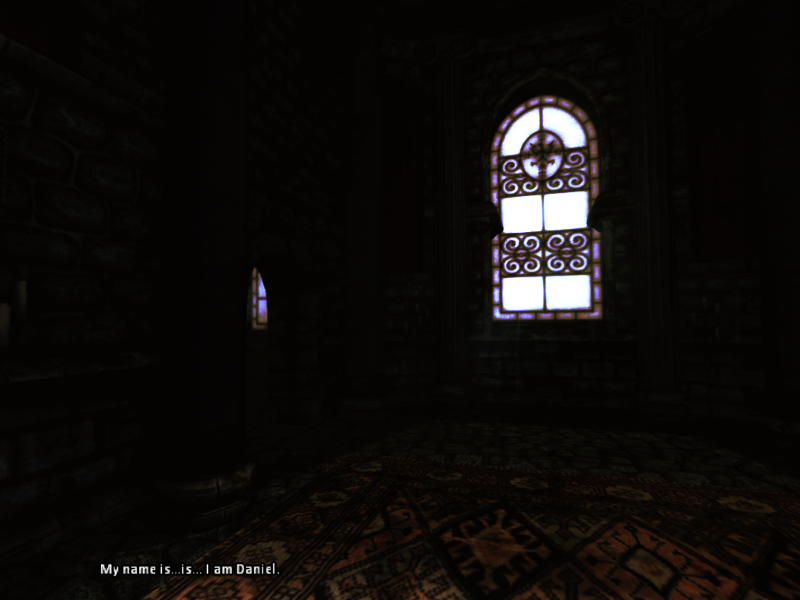
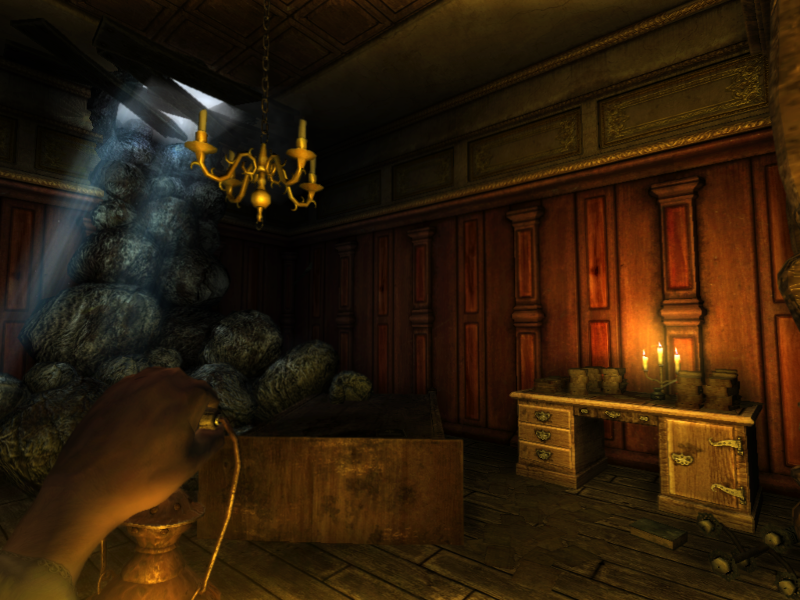
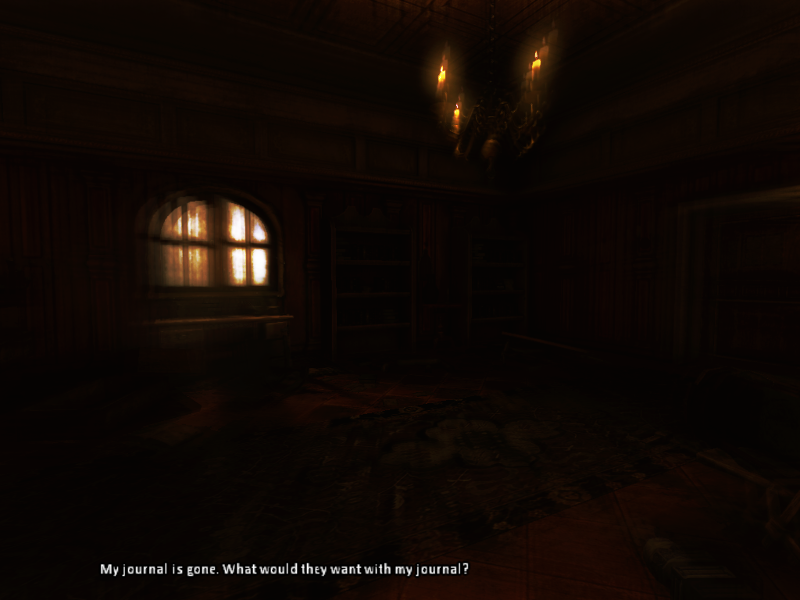
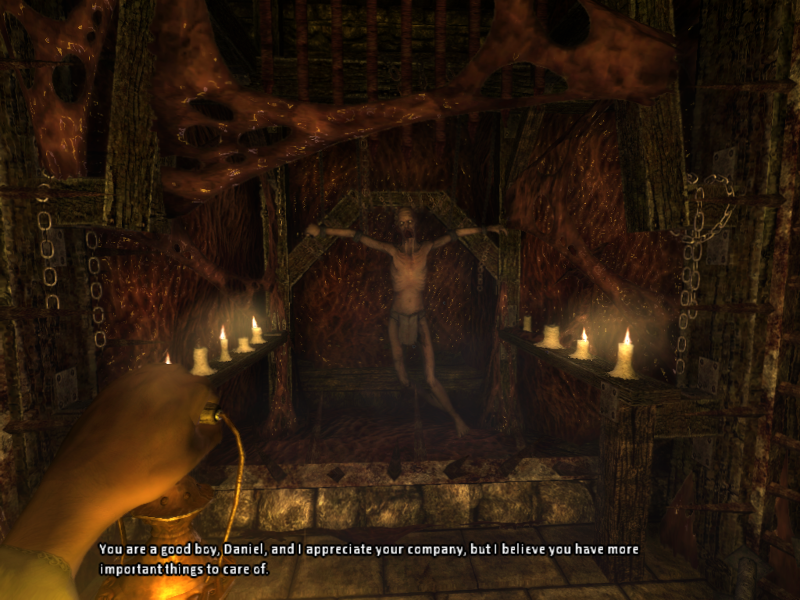
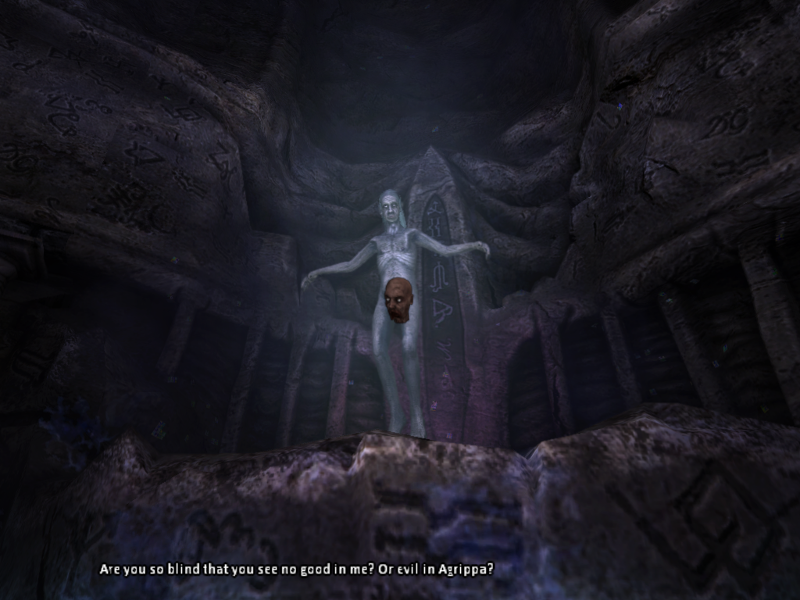
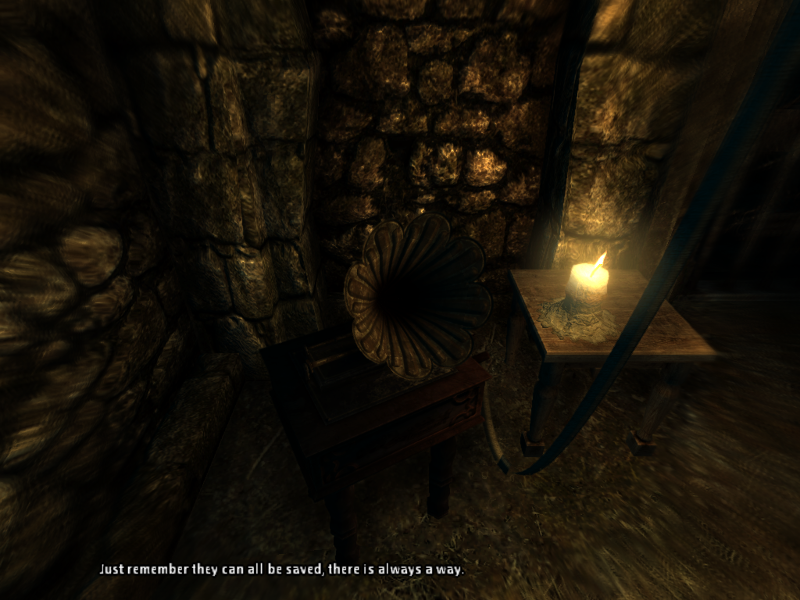
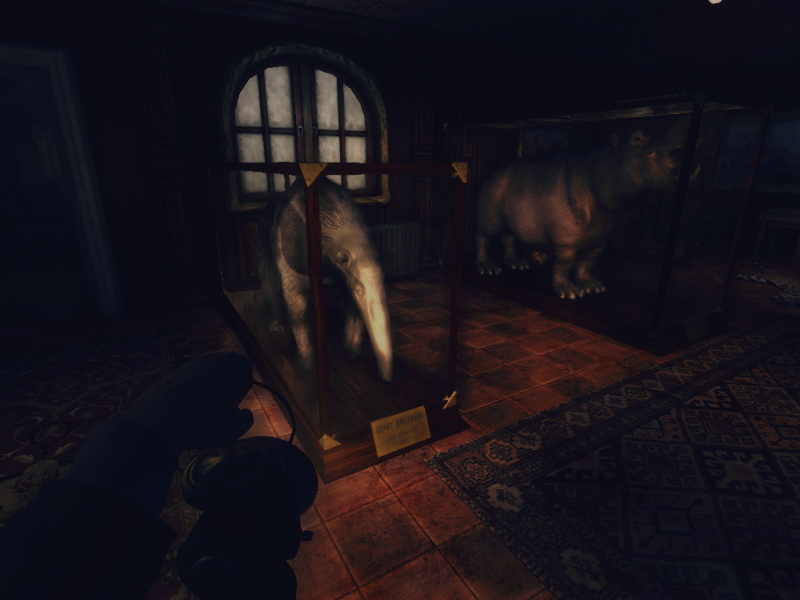
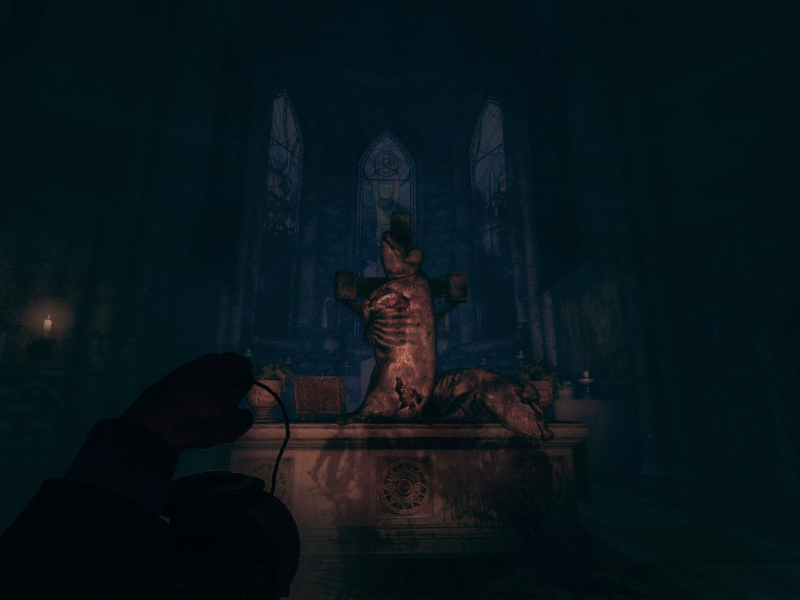
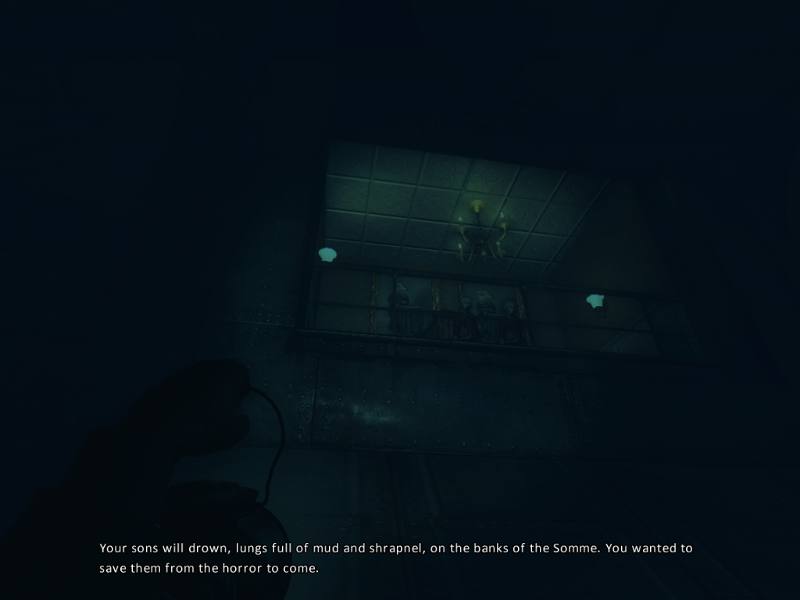
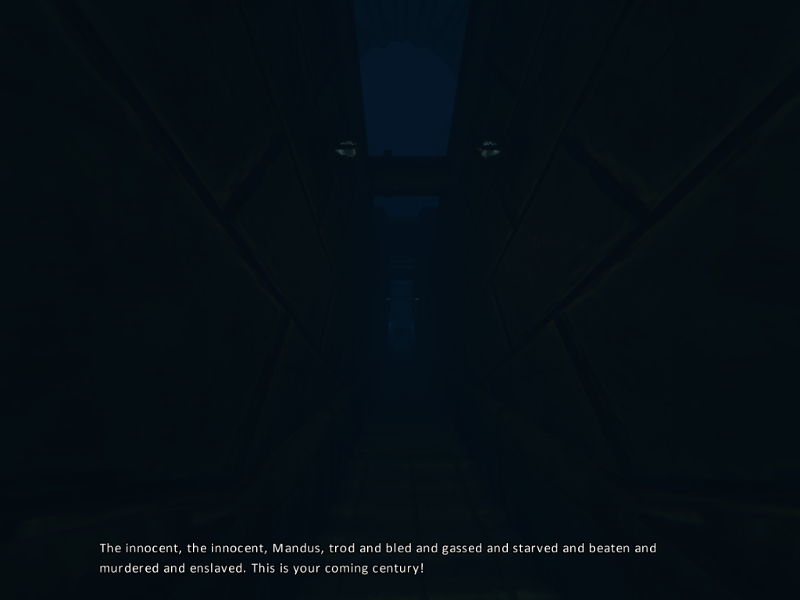
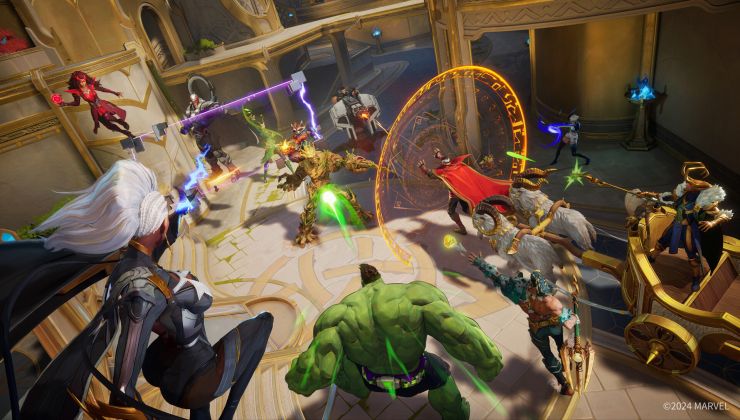
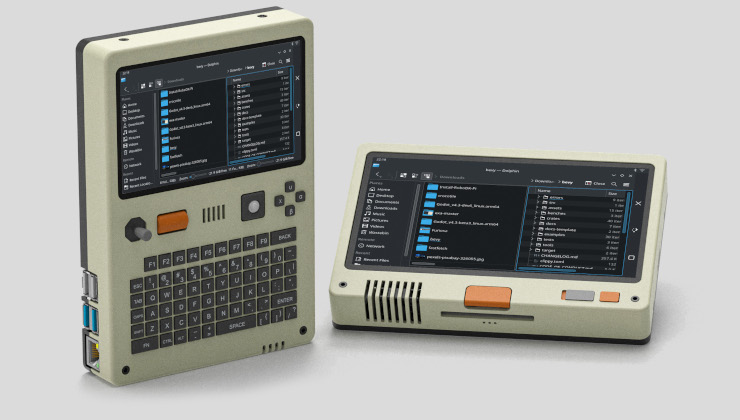

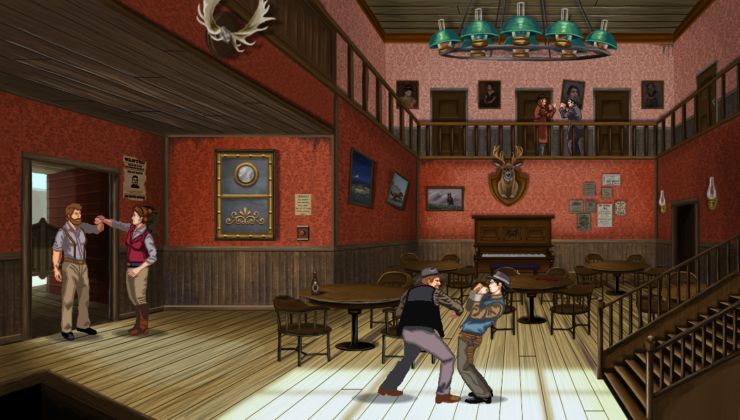





 How to install GE-Proton on Steam Deck, SteamOS, Linux
How to install GE-Proton on Steam Deck, SteamOS, Linux An idiots guide to setting up Minecraft on Steam Deck / SteamOS with controller support
An idiots guide to setting up Minecraft on Steam Deck / SteamOS with controller support
See more from me